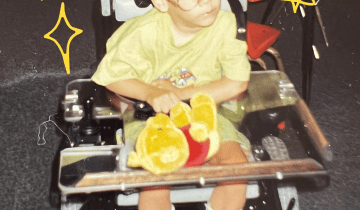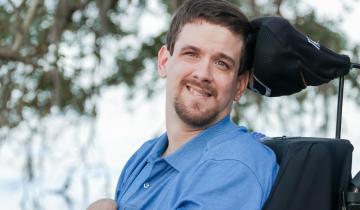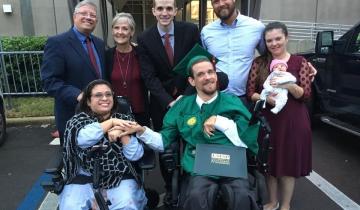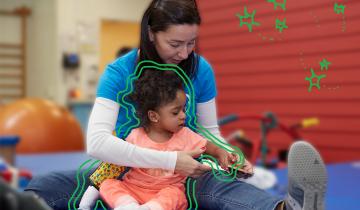This review explores how muscles adapt to various forms of exercise in children and adolescents with CP.
Mobility technology can enhance the lives of young children with disabilities in ways parents often never consider. Learn about how it can help your child beyond getting from point A to point B!

Powered mobility can offer users young and old a level of freedom and independence that may not be achieved through manual wheelchairs or other mobility devices.

Vocational Rehabilitation (VR), operated by the Department of Education, can be utilized for their many tools to aid those with disabilities in the preparation for the job search, finding gainful employment, and maintaining this employment.

Personal Care Attendants for adults with cerebral palsy and other disabilities provide a variety of essential functions that ensure safety, health, wellbeing and overall impact quality of life.

Author David Stoner provides insight into his experience with Personal Care Attendants through the years as his needs and his family's needs have changed.

Dating can be scary, all of the questions that go through your head before a first date can often be overwhelming. What do I wear? What do we talk about? Does my breath stink? These are common concerns before any normal date. My brain was wrapping itself around the idea that this was my FIRST DATE EVER.

As a mother and a pediatrician, I’ve both felt the strain of pandemic parenting directly and indirectly. I’ve made decisions about my own family and sending our kids to daycare and school, and I’ve stayed up worrying about how parents are supposed to make these difficult choices with so little support.

Cerebral palsy is an injury to the brain, but what we find is that it has a lot of effects on how you use your muscles.

For people with a physical disability, activity is a lifestyle. It's something that can start in physical therapy, but it really is something that has to be carried over into their everyday lives. What has happened over the years is we're understanding the importance of mobility.

Early interventions for CP should be based on the strongest possible scientific evidence for benefit and should have the smallest possible risk of harm. In the US, early intervention (EI) is a system of services available under the age of 3, to support infants and toddlers with developmental problems and their families as they interact with and care for their child.

